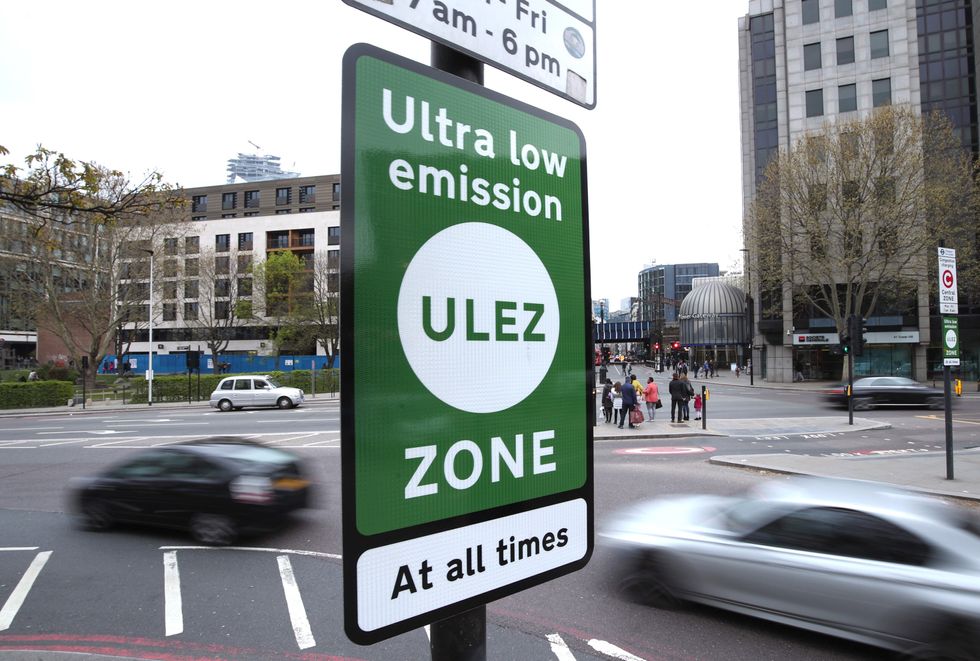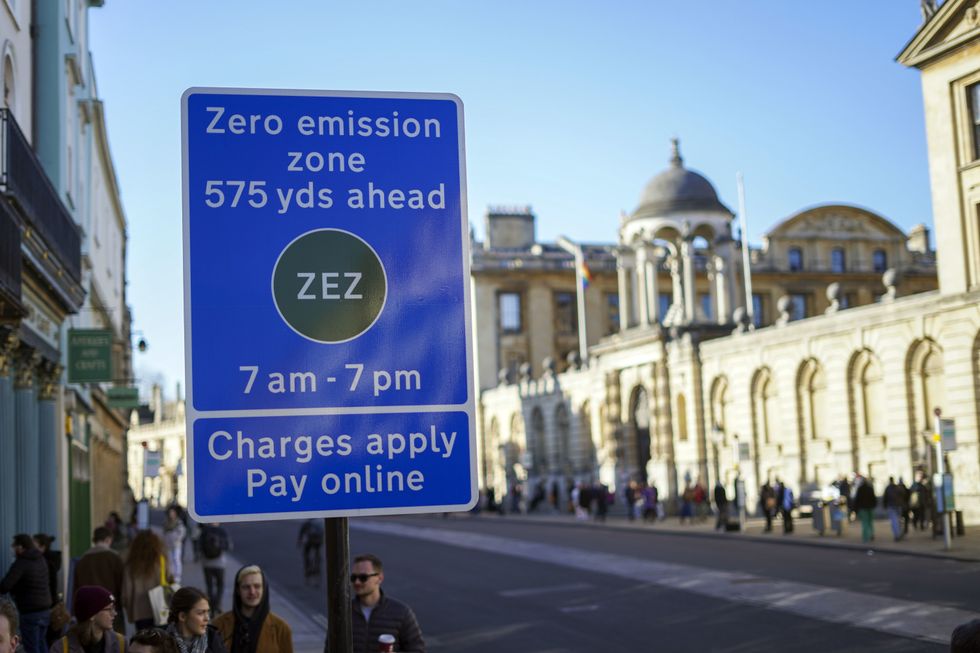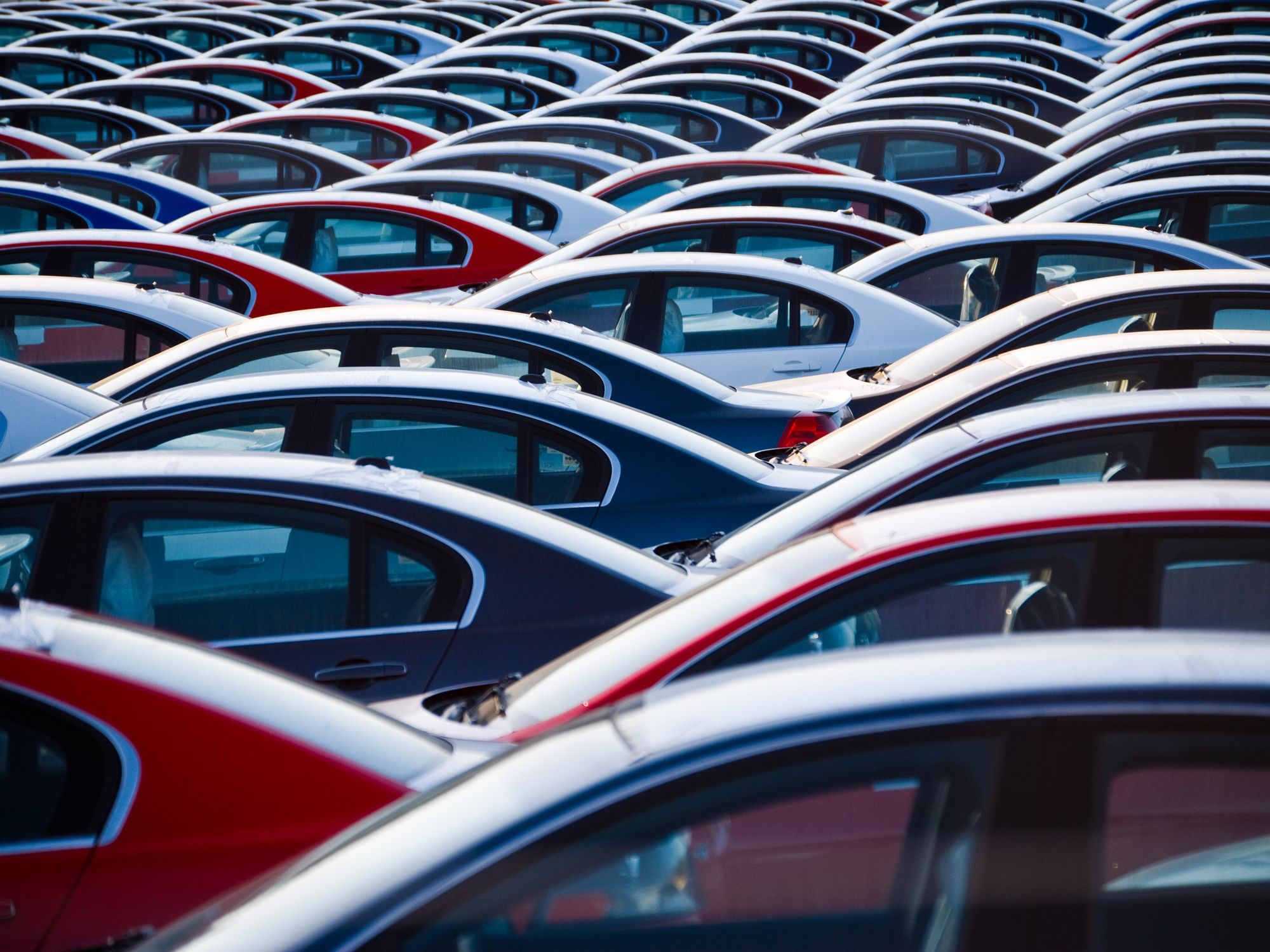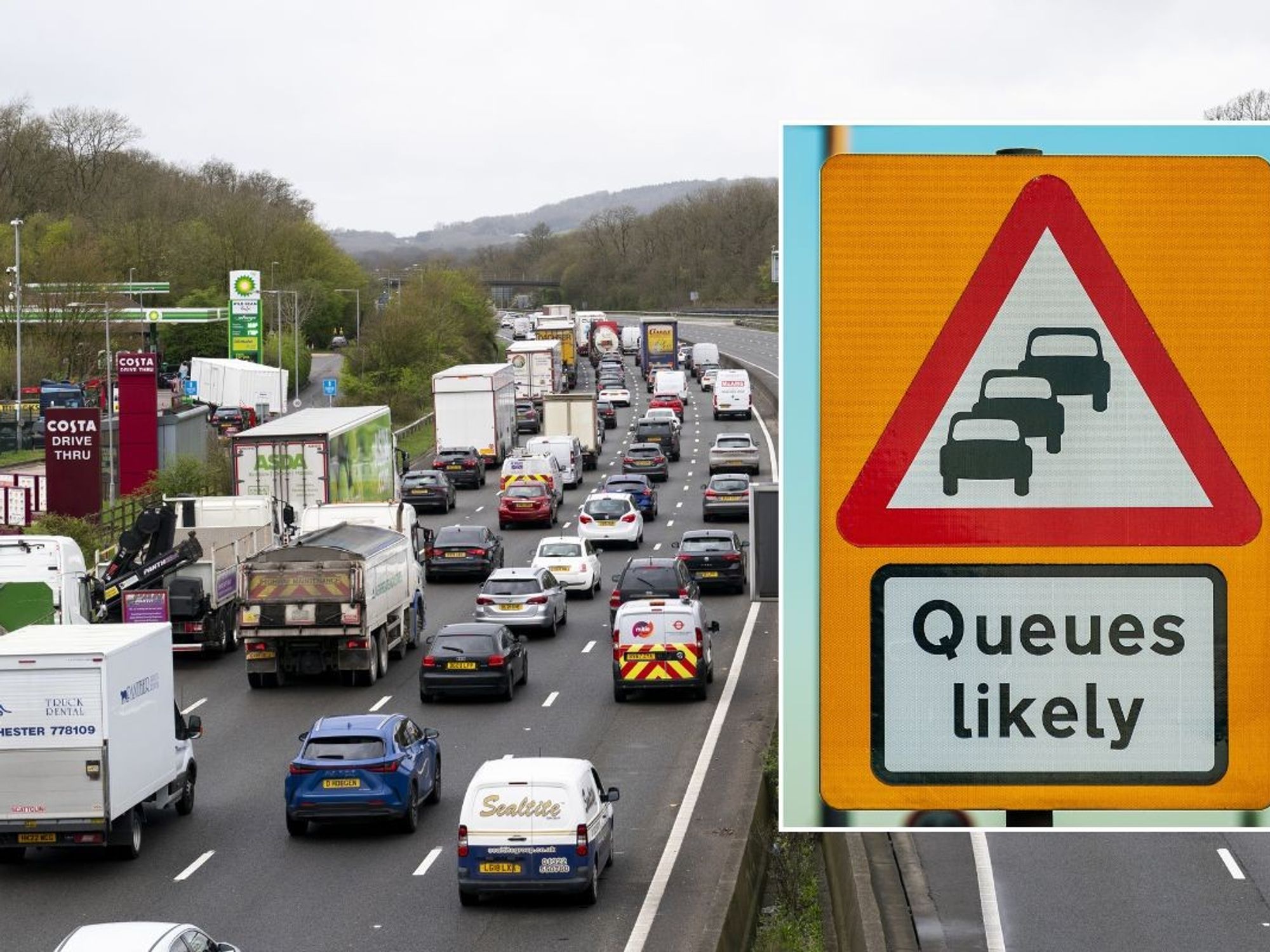One expert said drivers were being hammered with expensive charges
PA
Don't Miss
Most Read
Latest
An expert has slammed local authorities for introducing schemes that treat drivers as "cash cows" amid fears they could have a disastrous impact on motorists.
Motorists have dealt with expensive charges in recent years thanks to high car insurance costs and car tax hikes, while millions are also at risk of being charged for using the roads through council schemes.
There are currently seven Clean Air Zones namely Bath, Birmingham, Bradford, Bristol, Portsmouth, Sheffield and Tyneside (Newcastle and Gateshead), in addition to the London Ulez and Congestion Charge.
Four Low Emission Zones started enforcement earlier this year in Aberdeen, Dundee, Edinburgh and Glasgow, while Oxford operates a one-of-a-kind Zero Emission Zone.
Do you have a story you'd like to share? Get in touch by emailingmotoring@gbnews.uk

The Ulez is the UK's largest emissions-based charging zone
PADuncan White, director of the Alliance of British Drivers (Driving Sense), commented on the increasing use of council powers to charge motorists to use the roads.
This can be in the form of the rising management of yellow box junctions, speed traps, Congestion Charges or larger schemes like Clean Air Zones and the London Ultra Low Emission Zone.
He told GB News that councils should be "emphatic" in their decision to avoid any road user charging schemes which could see motorists charged extra simply to drive around.
White added: "The logic is flawed, the costs are wholly disproportionate and any cost-benefit analysis is ignored as such approaches always demonstrate the potential for ruinous consequences.
"The ideologically motivated zealotry and the adverse impact on employment, families and social activity is discounted for purely ideological reasons."
There are also plans to introduce new schemes designed to improve air quality including a Clean Air Zone in Greater Manchester which is currently under review.
Greater Manchester Mayor Andy Burnham has previously told GB News that he does not want a zone that would charge motorists to travel inside their zone, which would cover 10 popular areas.
They are instead looking to install an investment-led plan to address nitrogen dioxide (NO2) levels in the city by boosting public transport use through the new Bee Network travel scheme.
As part of this, Clean Air Manchester has called for more funding from the Government to ensure it can meet emissions targets and help motorists switch to cleaner forms of transport.
This includes the Clean Taxi Fund grants to be increased by 25.6 per cent, 64 new electric buses and clean vehicle grants for all eligible GM-licensed taxis and private hire vehicle owners.
White continued, saying: "The thinking behind such schemes is always targeting the reduction of private vehicle ownership regardless of the impact on the 37 million drivers across the UK.
"The UK economy is based on the unfettered use of road transport which is the lifeblood of the economy which is toyed with by faith-based policies without thought for the wider impacts and consequences despite what some myopic councils would have you believe."
LATEST DEVELOPMENTS:

More emissions-based charging zones and road user schemes could be launched in the near future
PAMotorists could also be required to pay to park at work through the Workplace Parking Levy. Councils and local authorities in Scotland were recently given the green light to introduce such schemes.
While the measures aim to crack down on traffic in and around the busiest areas, most levy fees are passed down from the employer to the employee.













